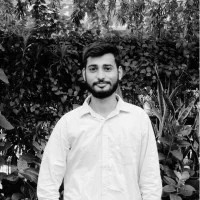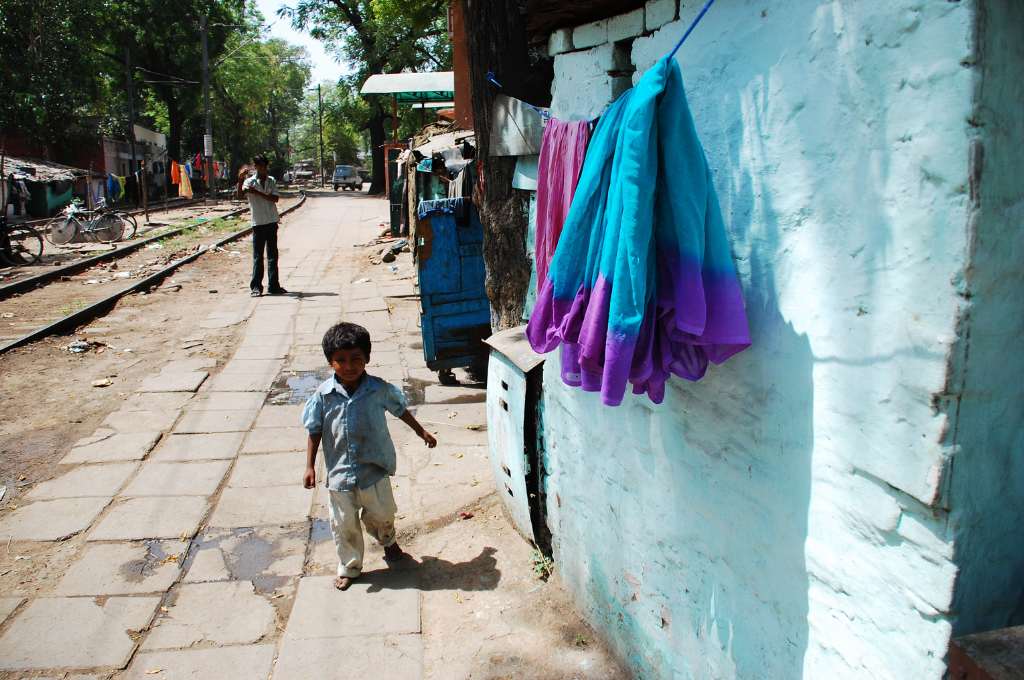Dr Narendra Gupta is a community health physician and founding member of Prayas, a nonprofit based in Rajasthan. He has approximately 40 years of experience in working with marginalised communities in Rajasthan on health, education, and livelihood. He is also one of the national organisers of the Jan Swasthya Abhiyaan, a movement that advocates for free healthcare in Rajasthan.
Dr Narendra had a key role in designing the National Rural Health Mission framework, which helped define the role of Panchayati Raj Institutions in health. He was also a member of the 12th five-year plan working group, where he focused on drugs and food security. Additionally, he played an important part in the launch of the Nishulk Dava Yojana (free medicine scheme) in Rajasthan.
In this conversation with IDR, Dr Narendra talks about the state of healthcare in Rajasthan, how policies such as the National Rural Health Mission and Right to Health came into being, the challenges that the healthcare sector still faces, and his involvement in all of these.
1. From doctor to activist
How Dr Narendra Gupta decided to give up his career as a doctor and move to a village in Chittorgarh district, Rajasthan, to work on community healthcare and education.
2. The National Rural Health Mission and free medicines in Rajasthan
How the National Rural Health Mission failed to reduce out-of-pocket expenditure on health for India’s poorest.
3. What is Jan Swasthya Abhiyaan?
How the public health movement came to India and changed the trajectory of Rajasthan’s healthcare.
4. What is Right to Health?
If we have Right to Education, Right to Information, Right to Employment, Right to Food, Forest Right Act, then why not Right to Health?
5. What does the healthcare sector need?
How free health centres at short distances for non-emergency ailments can help.
Srishti Gupta contributed to this article.




